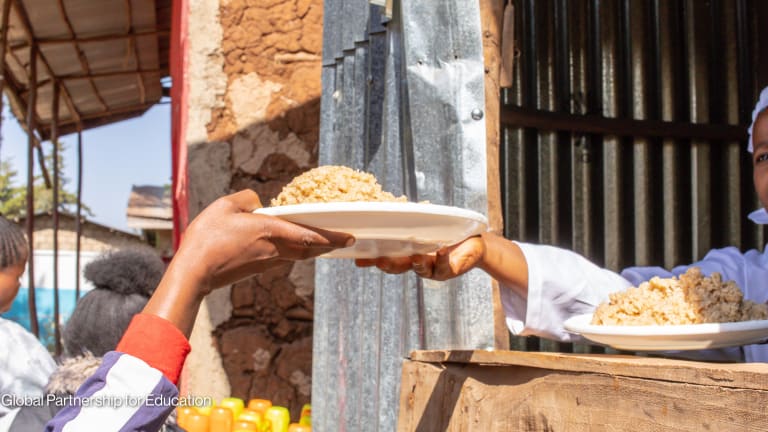Bahati Muriga, a 40-year-old widow and mother of three, grows sugar cane, sweet potatoes, cassava and maize on her farm in Tanzania, not far from where Lake Victoria laps at the shoreline of Ukerewe, the largest island in Africa’s largest lake.
Muriga has lived on Ukerewe her entire life, and she’s cultivated crops there since she first began helping her mother as a child. Now, things are changing.
“When I was a child, we experienced a lot of rainfall, but now we have a scarcity of rainfall,” Muriga said through a translator. “The season has changed now.”
Printing articles to share with others is a breach of our terms and conditions and copyright policy. Please use the sharing options on the left side of the article. Devex Pro members may share up to 10 articles per month using the Pro share tool ( ).








